The Canadian Association of Women in Construction marked International Women’s Day March 8 with a webinar discussion that reached agreement there’s still a long road ahead before women achieve equality in the sector.
The tone was sobering as panellists offered up anecdotes illustrating how wide the gap remains.
Panellist Jamie West, the president of Peninsula Construction, said just last year she found herself invited to an industry meeting and it turned out the venue was a “gentlemen’s club” — she was invited, she figures, because of her first name.
“It was clear they did not expect me to be a woman,” said West. “That was the most uncomfortable meeting I’ve ever been at.”
Keep Talking Says Laronde
The theme of the CAWIC webinar was Creating a Diverse, Equitable and Inclusive Construction Industry.
CAWIC president Lisa Laronde, the president of RSG International who last month was named to the board of directors of the Ontario Road Builders’ Association, said it’s important for today’s female leaders to keep driving the DEI message at sessions like CAWIC’s.
“We have to continue to talk, we can’t let it go,” said Laronde. “We can’t say everything’s OK. We’ve got to talk about the positive things, that’s very important. We have to continue to talk about the challenges we’re facing so we can actually start to fix that.
“I want to blaze this trail and want to blaze it big so that this next generation coming up behind us, they don’t have to walk behind us, they can run in front of us. They can take it to the next level.”
West suggested there are short-term and long-term goals, with some near-term goals capable of being addressed right after the webinar.
An immediate potential win, she said, would be for women to go back to their organizations to ask human resources to address the language in job applications. It has been shown that women apply for 20 per cent fewer jobs than men because they don’t apply if they don’t meet 100 per cent of the qualifications listed.
“I think we can really put some effort today into looking at how we’re hiring,” said West.
Child care, on the other hand, is a long-term problem in the construction industry that defies easy solutions, West said.
“It is very difficult to have day care when you have to work at five, six in the morning, and you work till five, maybe seven o’clock at night. That is one I don’t know the solution to but we need to continue the conversation,” she said.
Kiewitt Shows Leadership
Kiewit has the right attitude, West said. That contractor has adopted a new service for mothers called Milk Stork to make the transition back to work easier for breastfeeding mothers on the road. Through Milk Stork, the mothers can ship their milk back home to their little ones.
“This is a momentous moment for a group like Kiewit to be offering this to their staff,” said West.
Susan Carey, president of BuildSafe, said she believes in the power of advocacy to change practices in the sector. One goal she supports is girls getting exposed to the trades at the earliest age possible.
“It’s daunting when you’re in middle school or high school and you want to go into the shop class and you don’t know anyone else who will do that,” she said.
“Until they try and realize how much they love it, they have no idea,” said Carey. “So exposure and education will go a long way in inspiring the next generation.”
Panellist Elizabeth Driscoll, product development manager at Silentium Group, said the time is now for a generation of female leaders to follow the likes of Laronde and press for stronger DEI practices in the industry.
“We need to communicate. We need to find out where people need support and then apply it within our communities,” said Driscoll.
Follow the author on Twitter @DonWall_DCN.


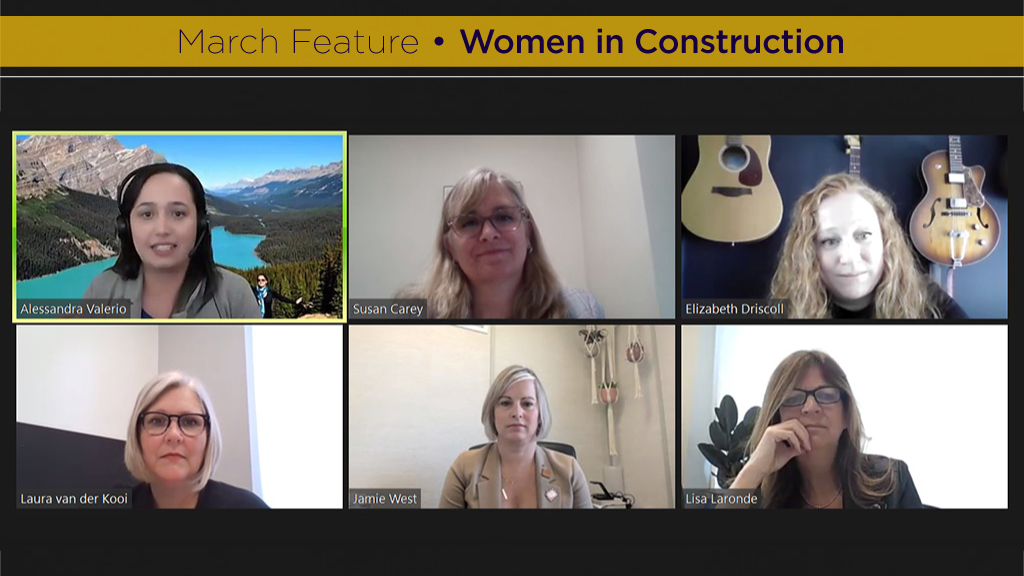
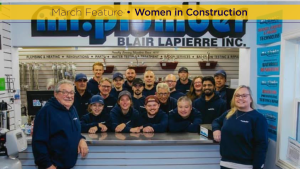
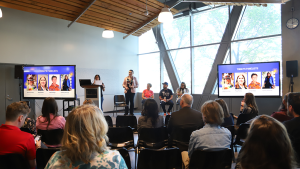
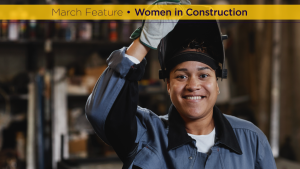

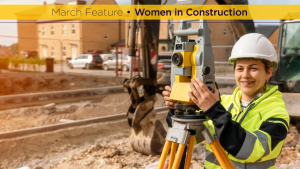
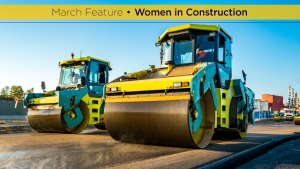
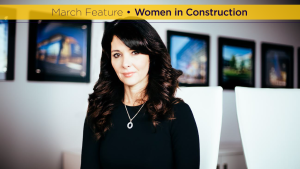
Recent Comments